Author: Dr. Ivo Petrov
Institution: University of Sofia, Acibadem CityClinic, Department of Cardiology and Vascular Medicine, Bulgaria
Summary
This presentation focuses on the application of carotid artery stenting (CAS) in patients with near-occlusive carotid stenosis, particularly those experiencing hypoperfusion and cognitive decline. Dr. Petrov addresses the diagnostic and therapeutic challenges for these patients and introduces preliminary results from the STRING trial, which highlights the importance of functional indicators (e.g., cognitive decline and microcirculatory reserve) in treatment decisions.
Treatment Challenges for Near-Occlusive Carotid Stenosis
• Diagnostic Criteria for Near-Occlusion: Near-occlusion often presents as a nearly occluded carotid artery (e.g., “string sign”) with reduced distal flow but retained partial patency. Unlike complete occlusion, these patients remain at high risk of cerebral ischemia, particularly with associated cognitive decline.
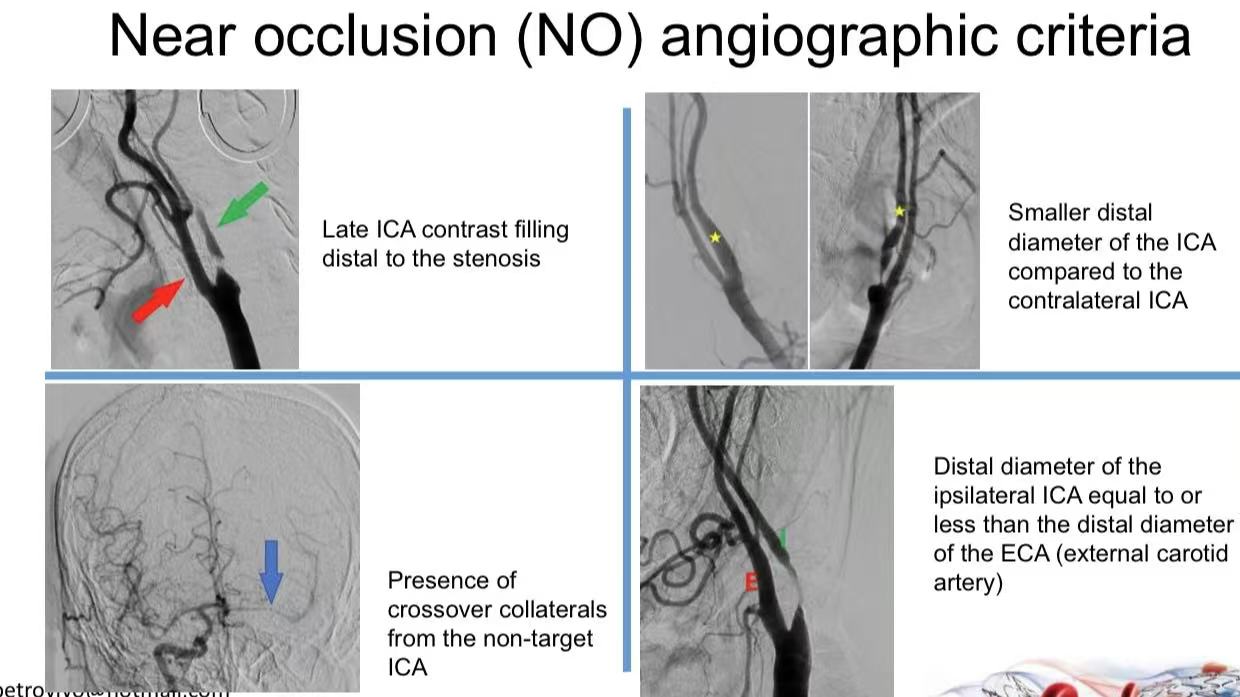
• Clinical Presentation: Patients with near-occlusion suffer from compromised cerebral perfusion, typically accompanied by mild neurological deficits and cognitive decline, increasing the risk of stroke.
STRING Trial Design and Key Findings
• Trial Design: The STRING trial is a multicenter study enrolling patients meeting near-occlusion criteria to assess the effects of CAS on cerebral perfusion and cognitive function. Inclusion criteria include functional decline confirmed by cognitive tests and MRI perfusion defects.
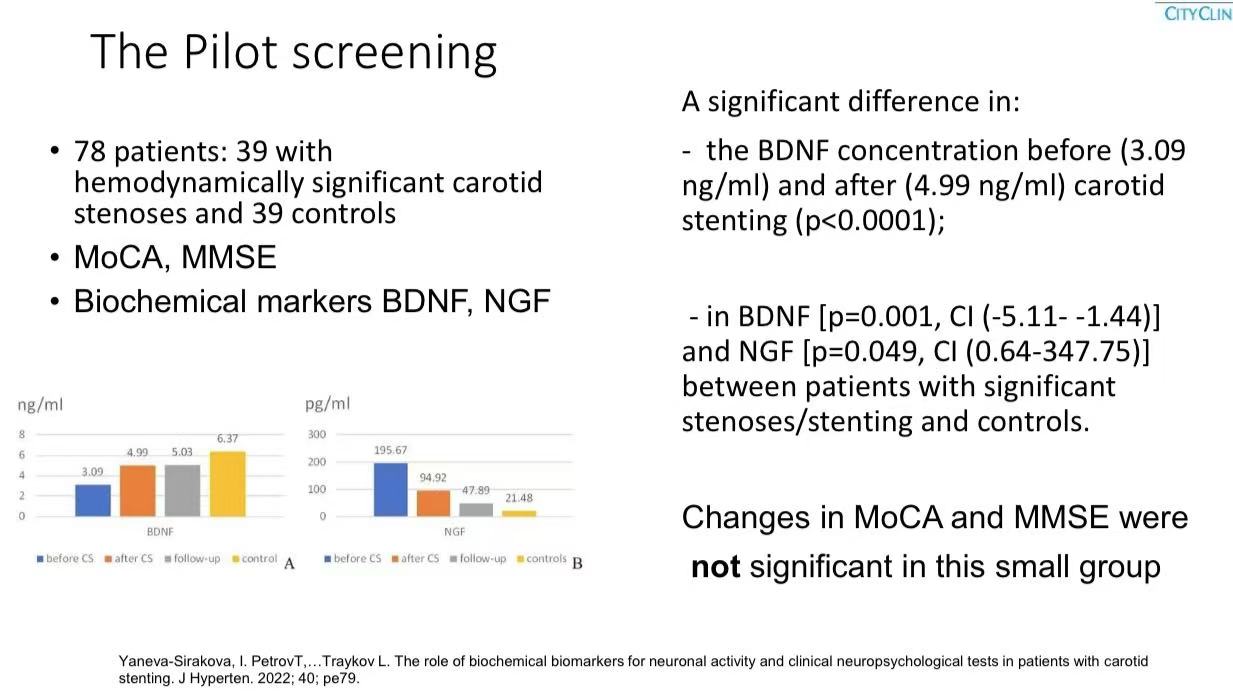
• Key Results: Preliminary data indicate that CAS has a positive effect on restoring cerebral blood flow and improving cognitive function. Post-stenting, all patients showed a >10% increase in blood flow, with significant improvement in cognitive test scores, demonstrating CAS’s potential to enhance quality of life.
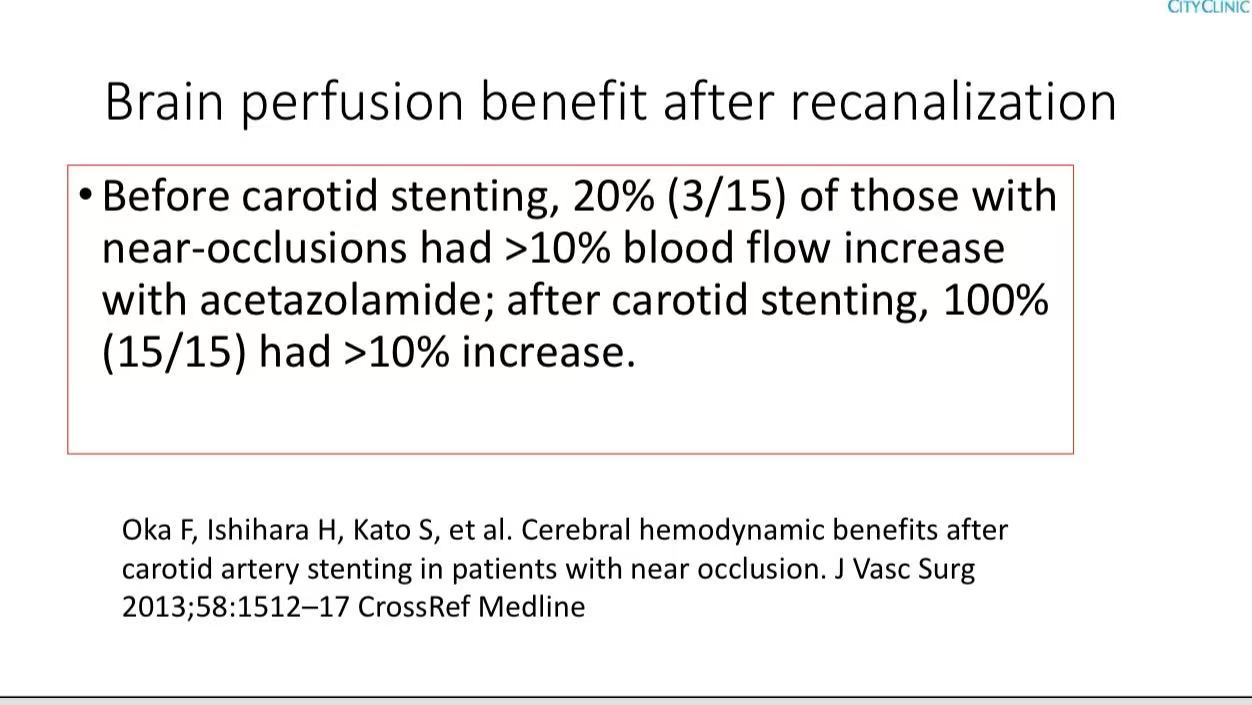
Case Analysis
•Typical Case: In a 66-year-old patient with mild neurological deficits and cognitive decline, CAS successfully restored blood flow and significantly improved MRI perfusion imaging. Follow-up showed cognitive recovery, further confirming the benefits of stenting.
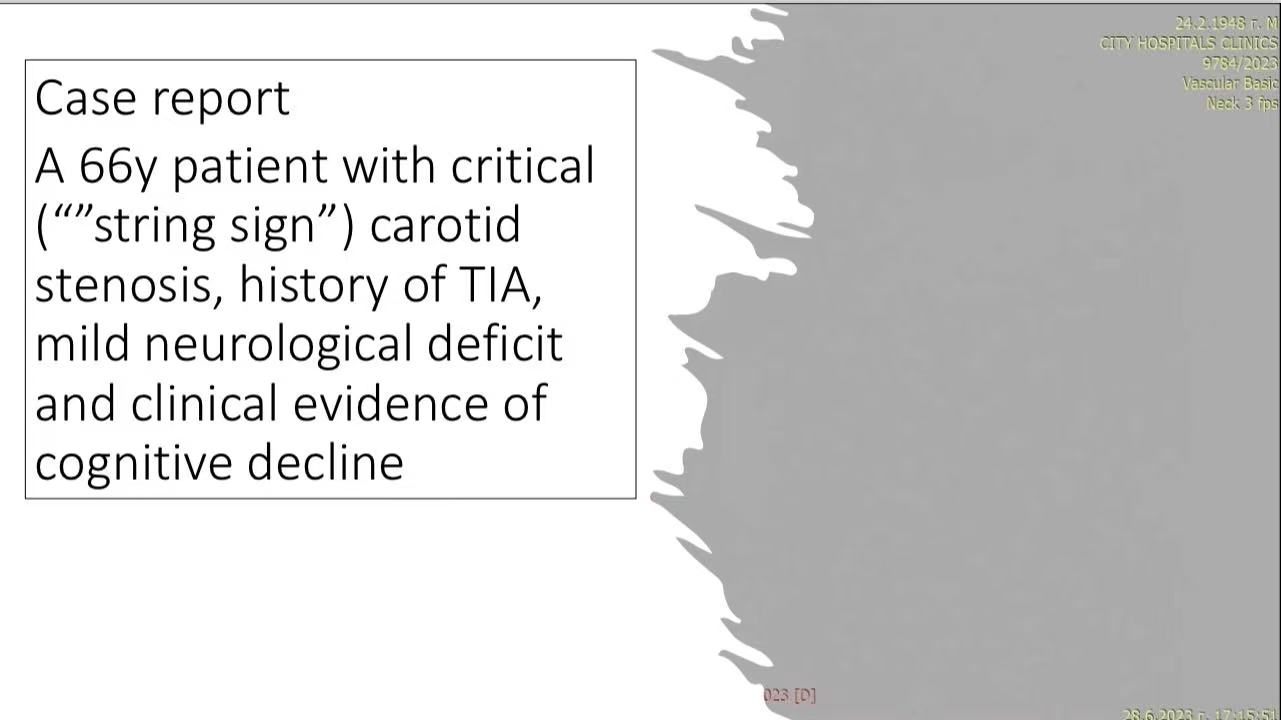
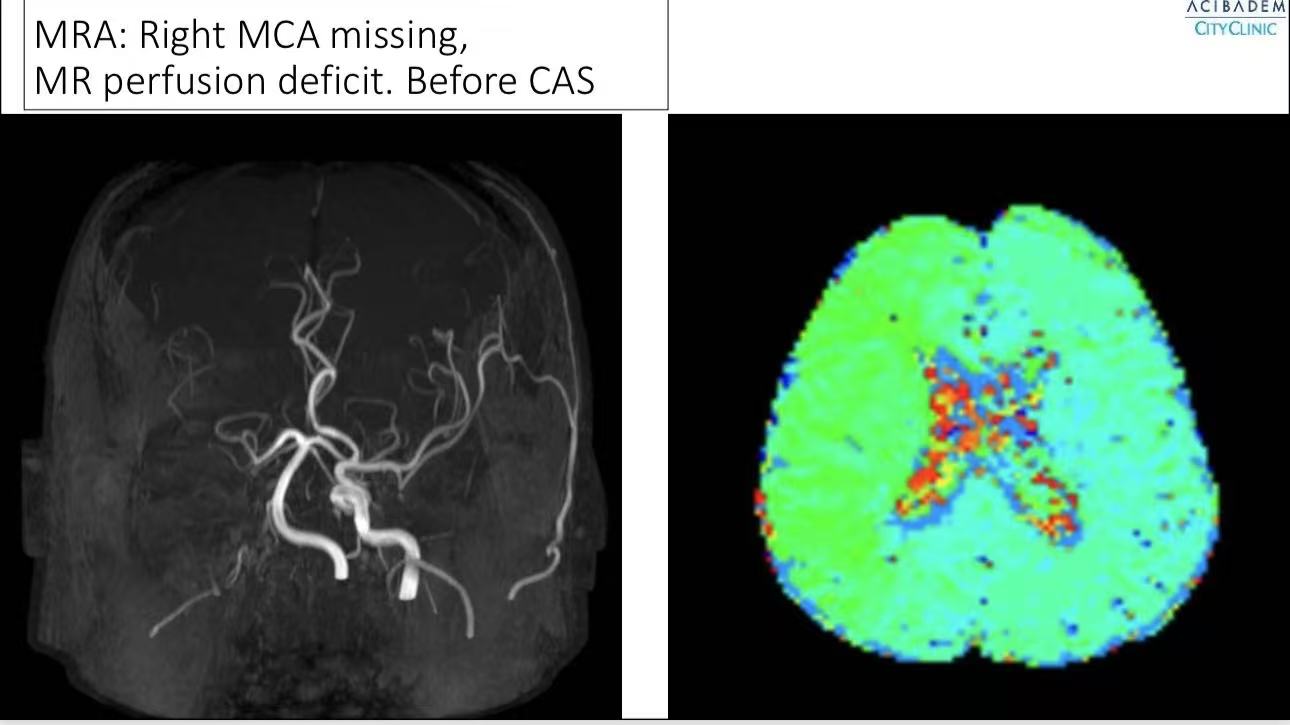

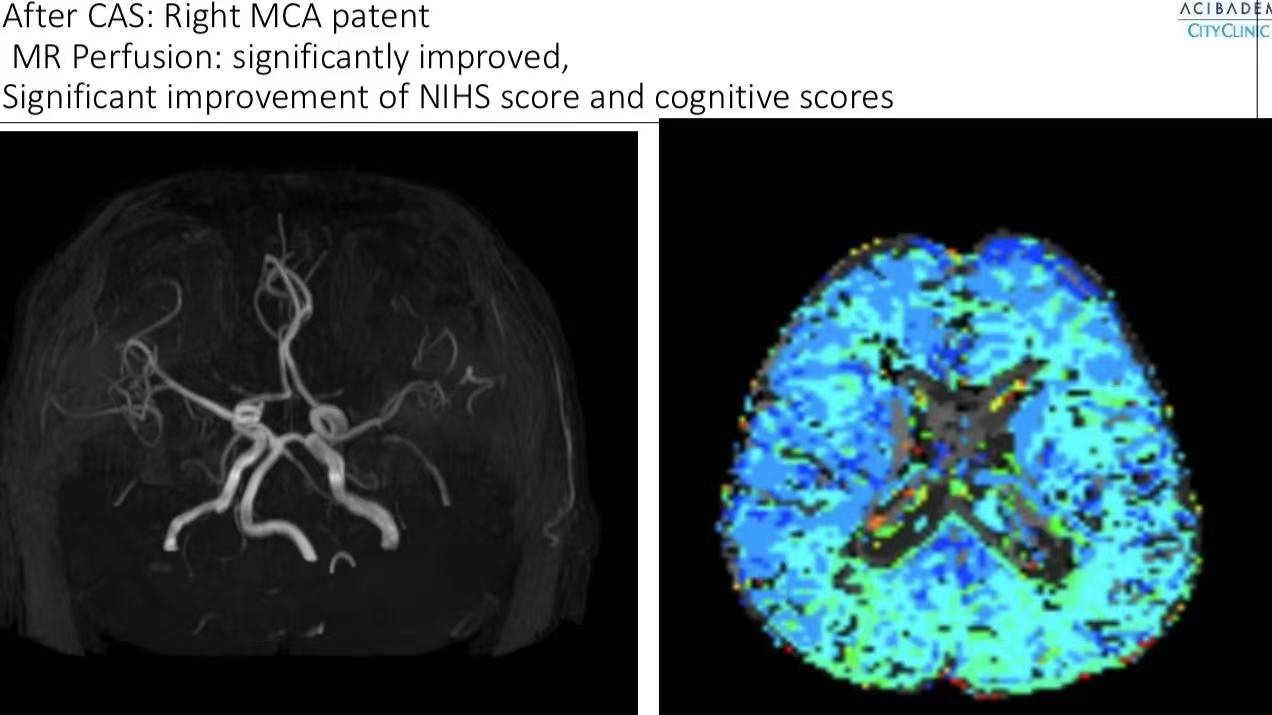
Future Directions
1. Functional indicators (e.g., cognitive function, microcirculatory reserve) should be adopted as treatment criteria to enhance CAS success.
2. The STRING trial will further evaluate the long-term efficacy of CAS in near-occlusive patients.
3. Future research will refine patient selection criteria and validate the long-term advantages of CAS in improving brain function.
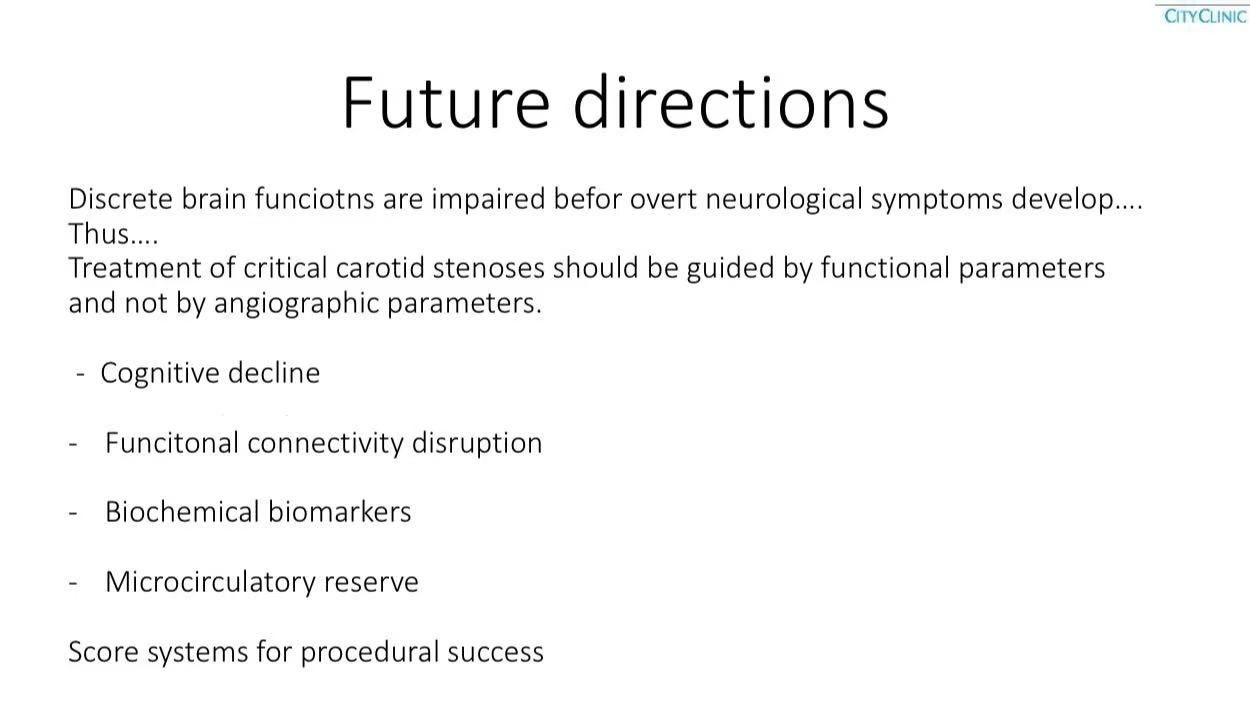
Contact Us
• Email: endovascluar@simtomax.cn
The English content has been synchronized with the Vasco Knight account. For more international information, please visit:
• Facebook: Vasco Knight
• Instagram: knight_vasco
Let’s safeguard health together and showcase your brilliance to the world!


